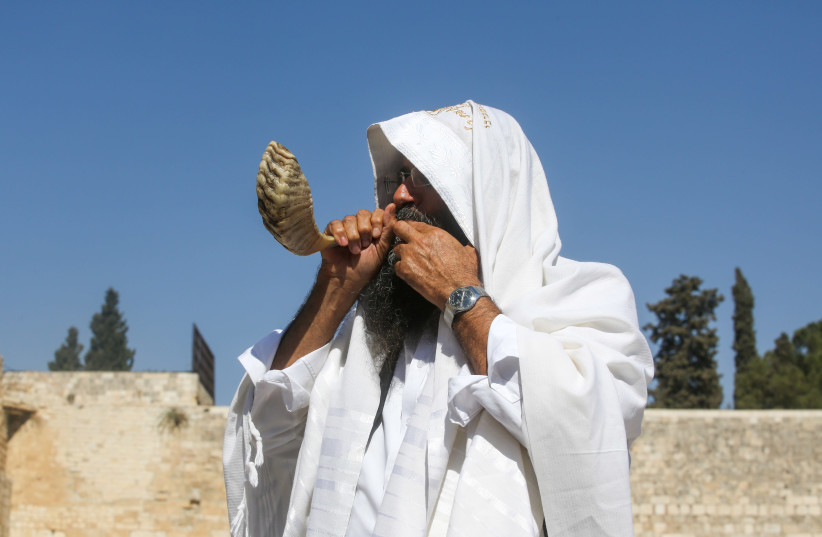Generation after generation, year after year, every Passover a simple question is asked and then answered: Why is this night different from all other nights? This year, and I believe for the next many years to come, a slightly re-phrased version of this question will be asked on Rosh Hashanah, one of the holiest events on our Jewish calendar.
How will this year’s Rosh Hashanah celebration be different from last year’s? And how will it be different from the Rosh Hashanah we knew and remember from previous years?
COVID has changed the world, it changed our lives, it changed how we celebrate. It changed our priorities. Eighteen months ago, we thought, we hoped and we prayed it would be a one-time change. Now we are smarter, now we know better. We know that the changes and uncertainty COVID brought into our lives have not yet left our lives and will probably not leave for many years to come. And that seems to be the only certainty we can rely on.

The weeks before Rosh Hashanah have traditionally been a time for introspection and self-critique – a worthy exercise in self-improvement. This year, for religious leaders, lay leaders and congregants alike, the weeks leading up to Rosh Hashanah are a time for practicality and for critical decision making. As we look back on it now, we realize that the decisions we made about last year’s High Holy Day celebrations – as painful as they were – were simple decisions. The prayers were shortened and the manner in which we prayed was different. No large groups; Social distancing; mandatory masking; zoom services; and quick, truncated services.
This year – who knows?
In Israel, the decisions are not made congregation by congregation. There is a central coordinating committee, aka, the government. That’s not the way it works in the US. Across America, each congregation is left to grapple with the decision making on their own. Certainly, there are several universals: the Delta variant; those who are vaccinated; those who are not vaccinated due to health concerns; those who refuse to vaccinate; young children who are most certainly not vaccinated; yes masks, no masks; Indoor services or outdoor services.
The decisions are daunting. What is the best, the most responsible and the wisest decision for our congregation this High Holy Day season, Rosh Hashanah 2021?
Traditionally, the High Holy Days see the largest number of people in synagogues, temples, ad hoc services, shtiebels, each year. Regulars attend services and twice-a-year Jews attend services. And since the scaled down, minimalist, Rosh Hashanah of last year, every one of them has been looking forward to this year, when we would return to normal, or so we thought.
No congregation wants to lose that special once-a-year experience – but this year, as well, no congregation wants to be labeled as the dreaded super spreader event.
Advice is coming from multiple sources and often the advice is contradictory. It’s coming not just from the national leadership of the various branches of Judaism and the medical committees of each congregation, it’s also coming from the offices of state governors – and they just might, ultimately, be the final word on how congregations worship this Rosh Hashanah.
Non-Orthodox Jewish communities have an added challenge: they need to wean their parishioners off the comfort of their Zoom services where you can relax in the comfort of your home and sing as loudly as you want. They need to convince them that in-person prayer is preferable. Or is it this year? Maybe that should be pushed off ‘til next year.
Time is running out. Decisions must be made. Congregation by congregation, state by state, hopefully they will be the right decisions. This Rosh Hashanah will not be the Rosh Hashanah we so fondly remember from years past, but neither will it be the Rosh Hashanah of last year. We are living in an age of new normals, COVID has seen to that.
There is one tradition that has not changed and that is our traditional High Holy Day greeting. And so, I wish you all a happy and a HEALTHY New Year.
The author is a columnist and a social and political commentator.
